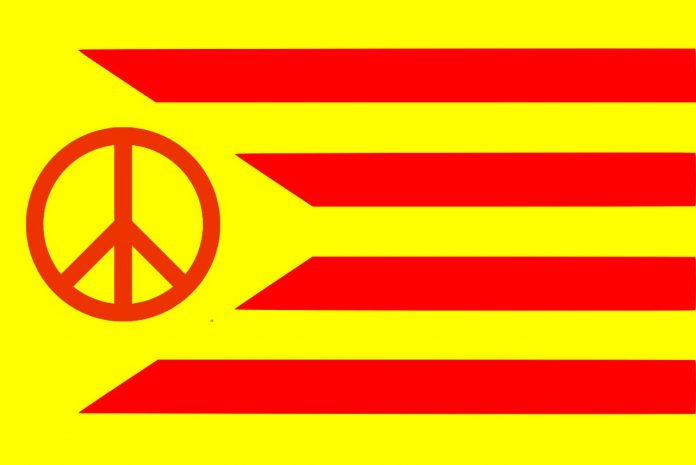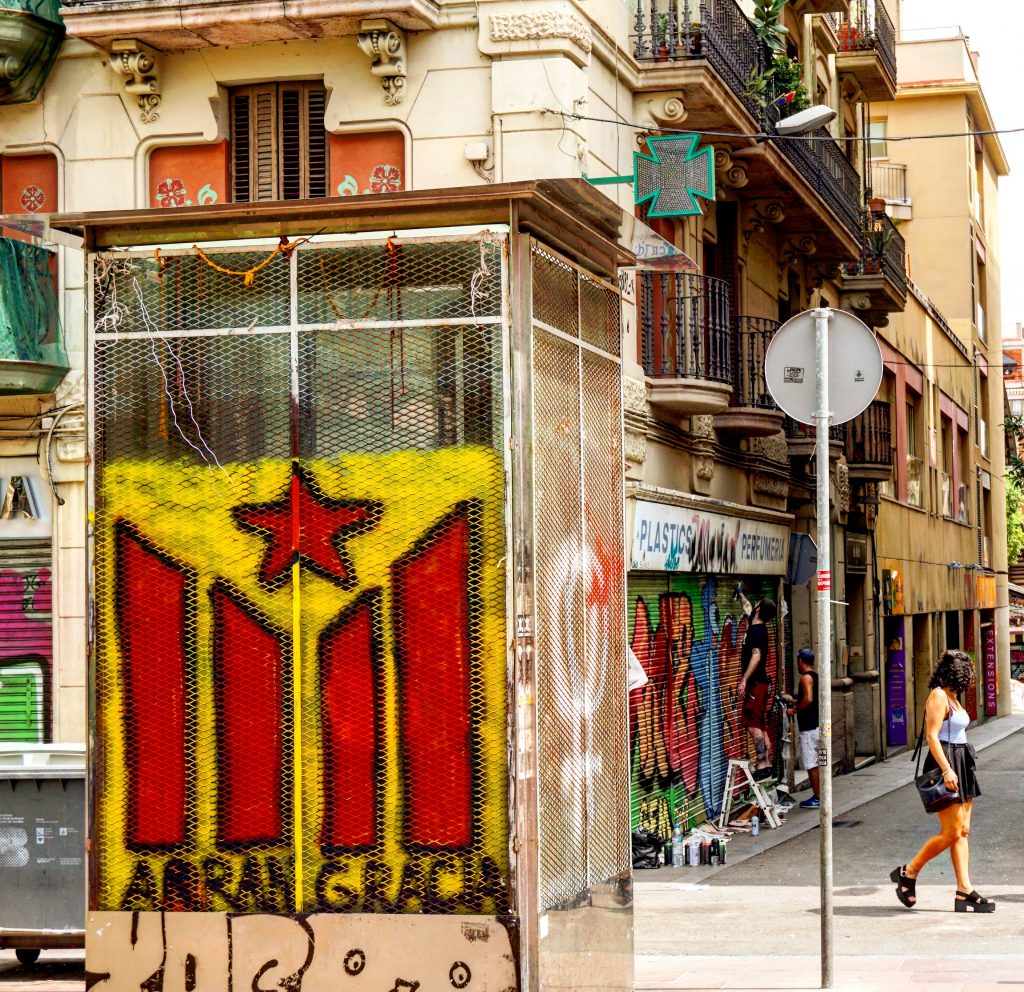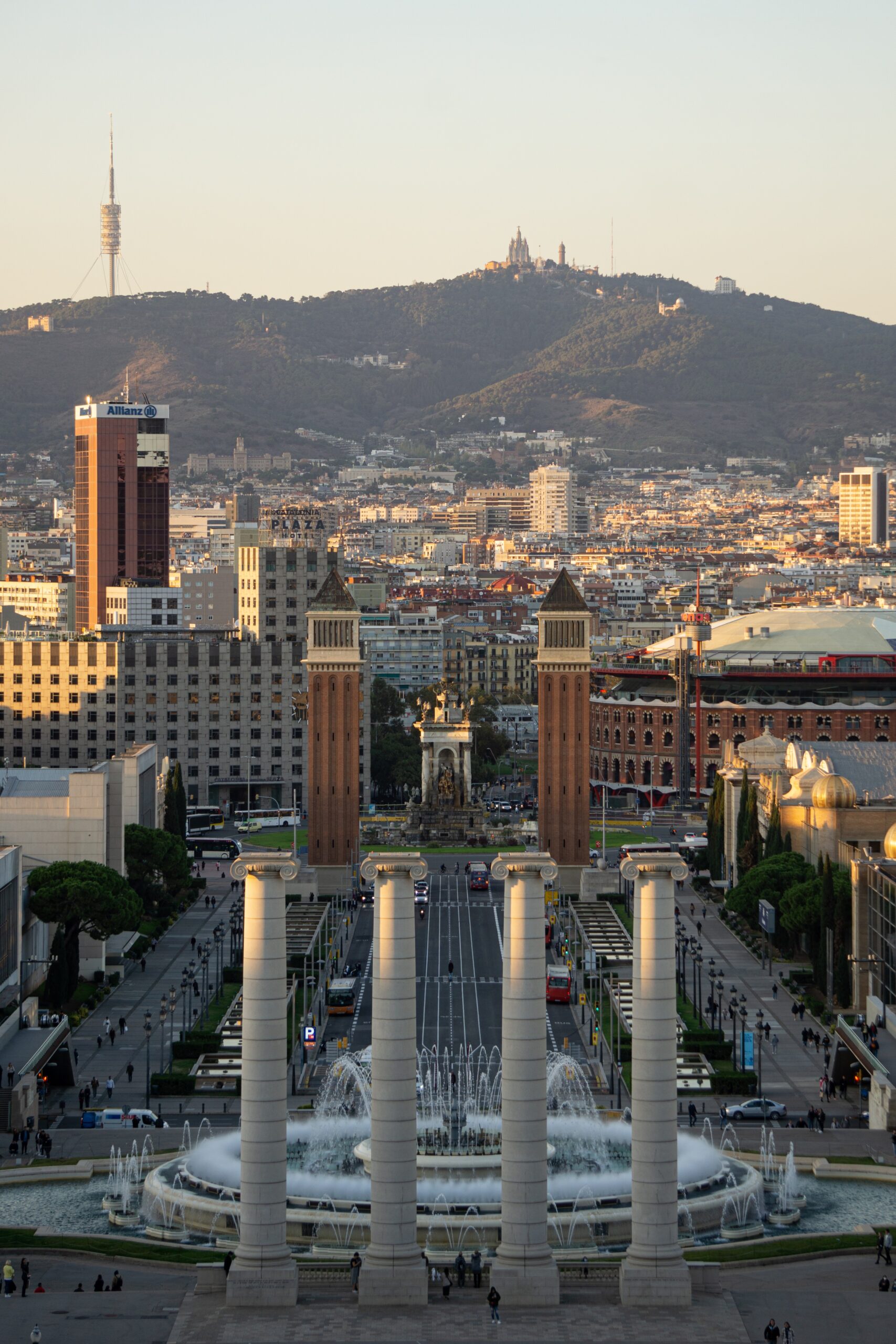What if the referendum in Catalonia is undemocratic?
Like Maduro in Venezuela and Erdogan in Turkey, Mussolini, Hitler and Franco also loved referendums. But what about Catalonia? Is a unilateral referendum for independence in Catalonia any different?
In my previous article I wrote about how the Catalan government is leading their territory into a political dead-end and a major crisis. I received a lot of feedback from the nationalists about the democratic right to vote, so I decided to take a deeper look in the history of the referendums and the ethics of voting.
Why a referendum can be a threat to democracy?
According to Wikipedia, referendums are an expression of direct democracy. However, in the modern world, most referendums need to be understood within the context of representative democracy. Therefore, they tend to be used quite selectively, covering issues, where elected officials may not have the legitimacy or inclination to carry out such changes.
Some opposition to the referendum has arisen from its use by dictators who used the “people’s decision” to disguise oppressive policies as populism. Dictators also make use of referendums as show elections to further legitimize their authority like Benito Mussolini in 1934, Adolf Hitler in 1936, Francisco Franco in 1947, Marcos in 1973 and Maduro and Erdogan in 2017. (Link)
Margaret Thatcher once described referendums as “a device of dictators and demagogues”.
When you’re asked to answer simply “yes” or “no” on a complicated policy question, you can’t choose the type of compromise solution that elected representatives often seek. And since governments can stage them at will, referendums tend to be deployed for the sake of political convenience, not the public good. (link)
The Catalan president, Carles Puigdemont, said that voters in the unilateral referendum would be asked the following “yes” or “no” question: “Do you want Catalonia to be an independent country in the form of a republic?”
If you ask me, the question is a really complex and extremely difficult to answer.
The pitfalls of direct democracy
To have even a primitive sense of the pros and cons of the independence of Catalonia, one would need to know about the economics and sociology of trade and immigration, the politics of centralized regulation, and the history of nationalist movements.
According to Jason Brennan (an expert on the ethics of voting at Georgetown University) there is no reason to think even a tenth of the Catalan population has a basic comprehension of the social science needed to evaluate independence. Most Catalan voters, like most voters everywhere in the world, are “systematically ignorant” of elementary political facts and theories.
Brennan compared holding a referendum to visiting an ill-informed, irrational doctor who forces you, on a whim, to undergo medical treatment. “To force you to follow the decisions [of an] incompetent and bad faith doctor is unjust,” he wrote. “But this is roughly what happens in democracy.” (link)
It’s not only Fascist and repressive governments who prefer referendums – the anarchists have advocated forms of direct democracy as an alternative to the centralized state and capitalism. However some have criticized direct democracy and democracy in general for ignoring the rights of the minority. Only the Libertarian Marxists fully support referendums as a tool for direct democracy.
The former Commissioner for External Relations in European Union Chris Patten stated: “I think referendums are fundamentally anti-democratic in our system, and I wouldn’t have anything to do with them. On the whole, governments only concede them when governments are weak”.
Democratic Checks and Balances
According to former chief economist of the International Monetary Fund Kenneth Rogoff: “A divisive decision of independence with such far-reaching, long-lasting consequences—a nation-defining and potentially nation-fracturing choice—is deserving of more democratic checks and balances.”
On last Wednesday the Catalan government’s plans to secede from Spain took a step forward after the regional parliament approved reforms to its statutes that will allow laws to be approved after a single reading, meaning legislation required for the holding of the October 1 independence referendum could be fast-tracked with little or no debate. (Link)
In other words the Catalan government does not respect democratic checks and the debate which is the essence of parliamentary democracy. A thorough debate is indispensable if the governments aim is to get Catalonia independent.
In my opinion the Unilateral Referendum in Catalonia is undemocratic and a threat to democracy. What do you think?
Proofreading by Zeno Yadda Yadda




